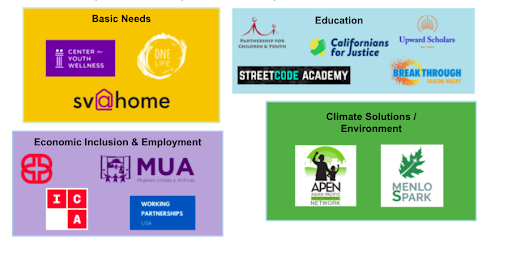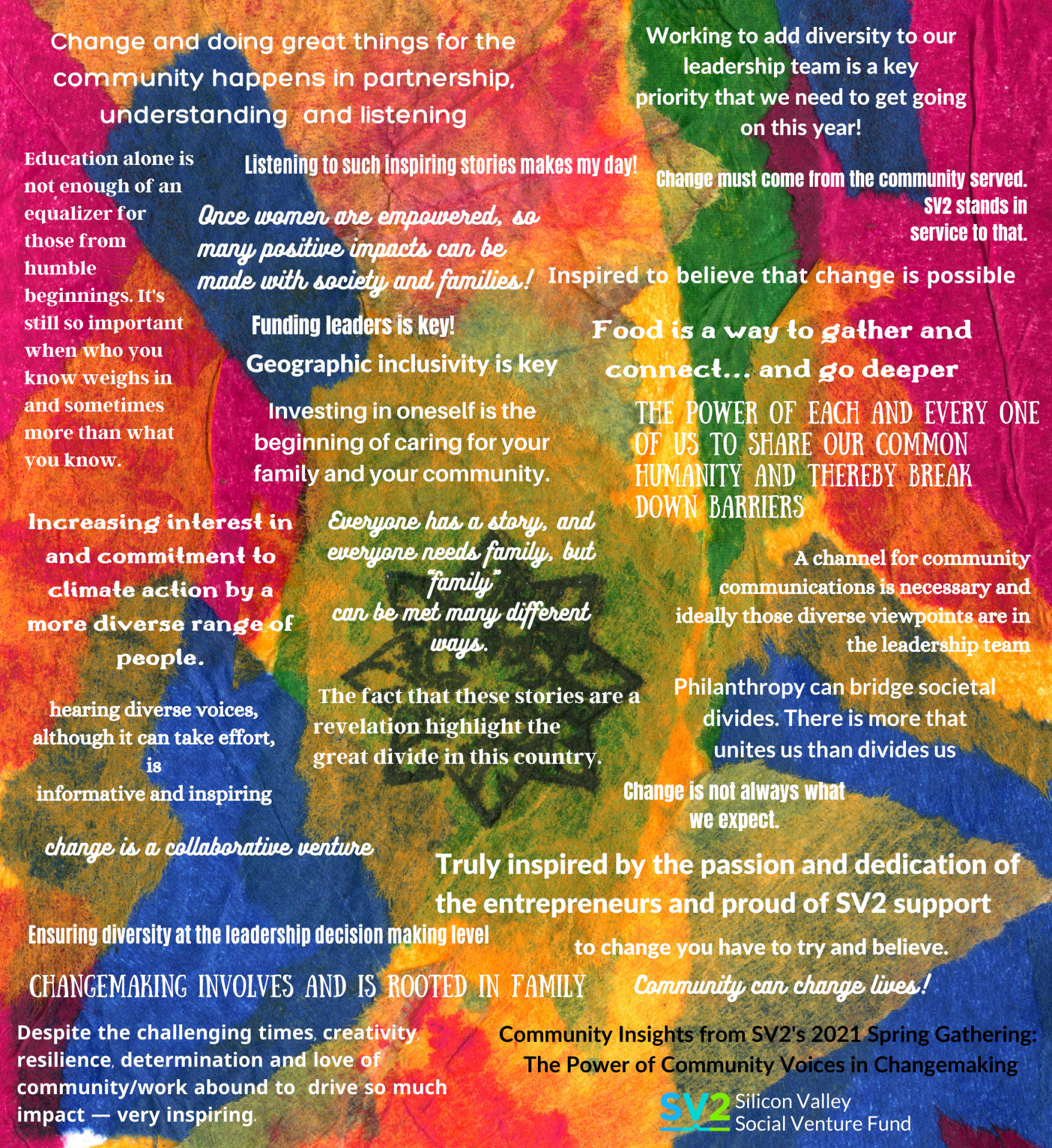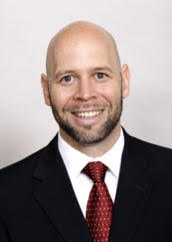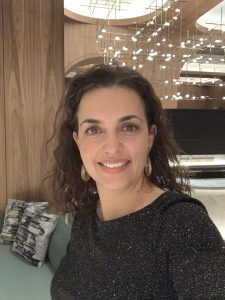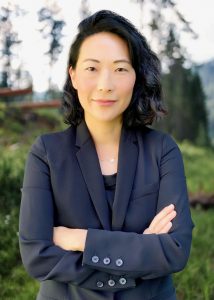By Paru Desai, SV2 Partner and Mindfulness Practitioner
In our previous article we discussed the importance of self-care and mindfulness when engaging in social impact and justice work. Practices such as these enable non-profit leaders and staff to keep their center, focus, and energy and help avoid burnout. Allies, like funders, are able to show up with a presence and awareness which support deeper, relational power shifts and collaboration.
We know that truly solving decades old challenges and changing entrenched systems require a departure from older paternalistic, outsider-led models. At SV2 we have been moving towards a different paradigm of how we can achieve greater equity in our communities, one that centers community agency and dignity in order to redistribute systemic and personal power. How does mindfulness support these shifts both for us as individuals and as systems of power and privilege seeking make equitable changes.
A key foundation of mindful philanthropy is mindful presence. Let’s examine this a bit more. Mindfulness is the intentional process of paying attention to the unfolding of moment-to-moment experiences. It is an awareness of your inner and outer worlds – an alert observation, without judgment, of thoughts, emotions, body sensations, memories, images as well as awareness of physical surroundings through the senses. etc. Though hard to master, mindfulness is not a spiritual state but rather a mental capacity.
Presence refers to the stability of practicing mindfulness, or the degree to which you are able to mindfully be in each moment as it happens. Living in a field of awareness, or presence, means that as experiences arise, register and pass away, you get less caught up with them, returning to an observing non-judgemental awareness more quickly and for longer periods of time. With practice, mindfulness and presence can work together and energize each other to create a continuity of awareness.
From this field of awareness, we can support the work of social justice and philanthropy in more effective and beneficial ways. We can start first by examining our own experiences and traumas, ego, relationship to power and privilege, confronting our biases (conscious and unconscious) as well as the cultural contexts of our lives and communities. We need to know these because they can get in the way of being truly authentic and humble in our giving. Understanding and releasing them then allows us to serve with curiosity, compassion and humility and create the relational space needed to co-create a better world. Mindful presence allows us to have a better capacity to see what needs to be seen and understand what needs to be understood.
There are many ways we can practice mindful presence — meditation, which is what most often comes to mind, is one way to strengthen it . But mindful presence to me is also just an aspect of being human. Stopping to pay attention to the world around me and immersing fully in the present moment, by stopping for a moment or even just slowing down, opens my senses and awakens me to the world around me and reminds me of the interconnectedness. In relationships, being fully there with another person means accepting fully their presence and existence with my full presence and existence. Each person doing this changes the other, usually for the better. Confucius said, “wheresoever you go, go with all your heart… And remember, no matter where you go, there you are.”
I have also deepened my skills in being present through practices we are adopting at SV2. Get Proximate experiences of being present with people in their communities and being led by what they want to say have provided alternative narratives, helped develop deeper empathy as a result of authentic engagement, and reframed perceptions of people and communities with a more asset based approach. The JEDI journey cohort helped me better understand myself by touching upon and addressing the sometimes difficult truths that create separation and othering. Our grant round evolutions and re-designs are another example of how deep listening has led to doing away with practices that were not beneficial or effective and which instead better reflect, and honor, our aspirations of making our world a better place through our giving and service.
There are many tools to effective philanthropy and mindful presence is one which can help us do it in ways that are joyous, harmonious and supportive of individual and collective wellbeing. To realize our vision of just and equitable communities where everyone thrives, we can each start by, as they say, stopping to smell the roses.
What are your favorite mindfulness practices? Here are two of my favorites – please share yours also!

